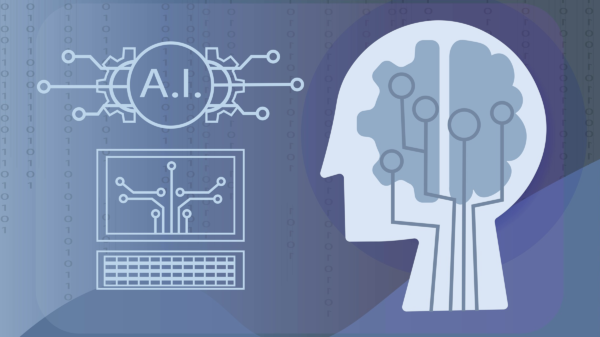The Rise of Big Data
In recent years, the world has witnessed an exponential growth in data generation. From social media interactions and online transactions to sensor data and machine logs, the amount of information being produced is staggering. This surge in data has given birth to the concept of Big Data, which refers to the computing, massive volume, variety, and velocity of data that organizations now have access to.
The Impact on Computing
The advent of Big Data has revolutionized the field of computing in several ways, transforming the way businesses operate and how we interact with technology.
1. Storage and Processing
Traditional computing systems were not designed to handle the sheer volume of data that is now being generated. Big Data has necessitated the development of new storage and processing technologies, such as distributed file systems and parallel computing frameworks. These advancements enable organizations to store and process large datasets efficiently, making it possible to extract valuable insights and patterns. IBM provides a comprehensive suite of Big Data solutions, including storage, processing, and analytics tools, to help businesses harness the power of their data.
2. Data Analytics
Big Data analytics has emerged as a crucial discipline in the era of data abundance. By leveraging advanced algorithms and statistical models, organizations can uncover hidden patterns, correlations, and trends within their data. This enables data-driven decision-making and empowers businesses to gain a competitive edge. Google Cloud offers a range of Big Data analytics tools, such as BigQuery and Dataflow, to help businesses extract meaningful insights from their data.
3. Machine Learning and AI
Big Data serves as the fuel for machine learning and artificial intelligence (AI) algorithms. The availability of vast amounts of data allows these algorithms to learn and improve their performance over time. Machine learning models can be trained on Big Data to perform complex tasks, such as image recognition, natural language processing, and predictive analytics.
The Benefits of Big Data
The utilization of Big Data offers numerous advantages to organizations across various industries.
1. Improved Decision-Making
By analyzing large datasets, businesses can gain valuable insights that drive informed decision-making. Big Data analytics enables organizations to identify market trends, customer preferences, and operational inefficiencies, leading to more effective strategies and improved outcomes.
2. Enhanced Customer Experience
Big Data allows businesses to better understand their customers by analyzing their behavior and preferences. This enables personalized marketing campaigns, targeted product recommendations, and improved customer service, ultimately enhancing the overall customer experience.
3. Cost Reduction
Big Data technologies enable organizations to optimize their operations and reduce costs. By analyzing data from various sources, businesses can identify areas of inefficiency and implement more streamlined processes. This leads to cost savings and improved resource allocation.
The Future of Big Data
As data continues to grow at an unprecedented rate, the importance of Big Data will only increase. The advancements in computing and analytics technologies will further enhance our ability to derive insights from large datasets.
Organizations that effectively harness the power of Big Data will be well-positioned to gain a competitive advantage in the digital age.
With the right tools and strategies in place, businesses can unlock the full potential of Big Data and drive innovation, efficiency, and growth.




































